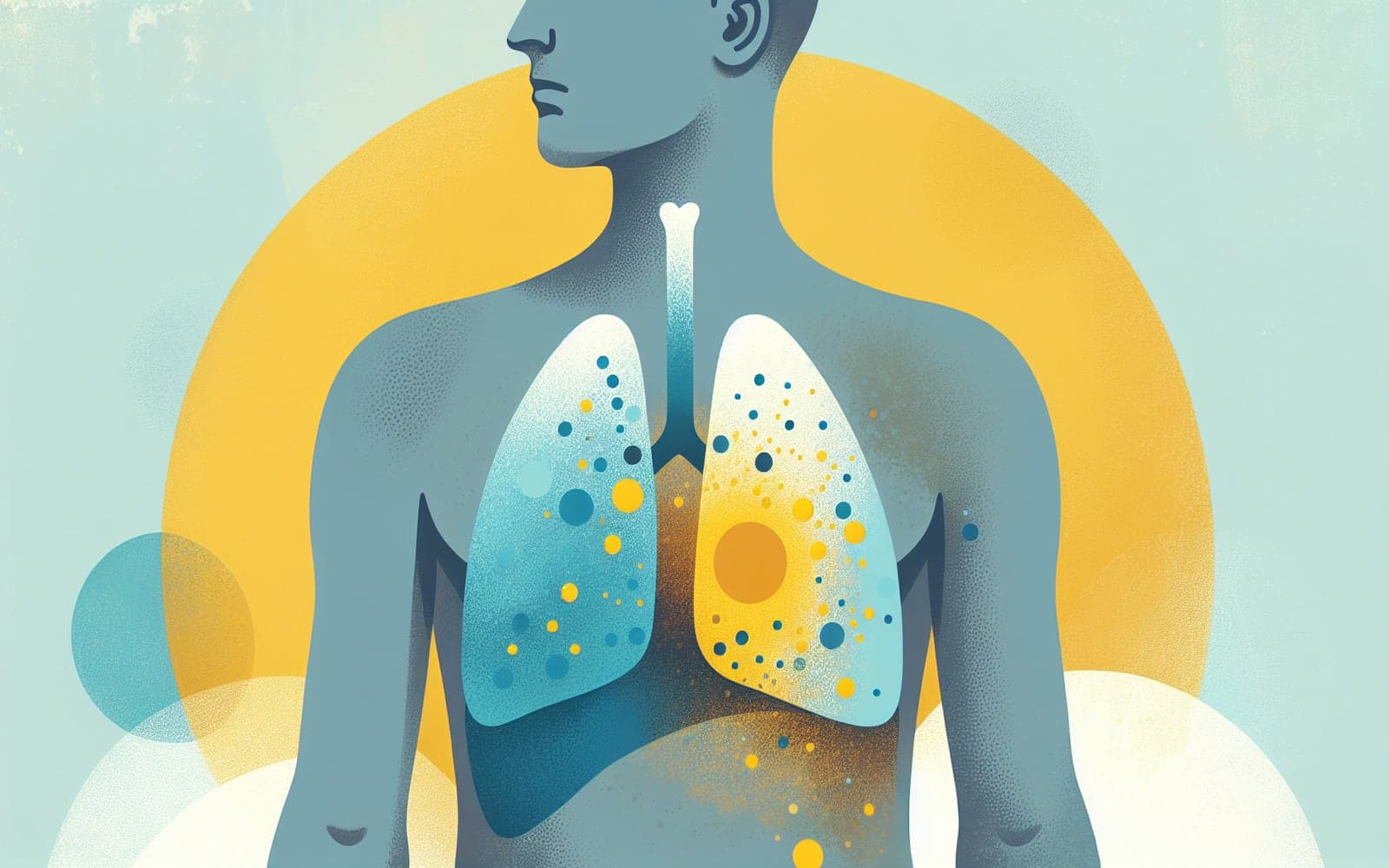Is Your Body Trying to Tell You Something with Jaundice?
Published: Sep 16, 2024
Jaundice, a yellowing of the skin and eyes, can be a key symptom of underlying health issues. Learn what your body might be signaling.
Contents
Recognizing Jaundice
Jaundice is most notably recognized by a yellowish tint in the eyes and skin. It is caused by high bilirubin levels in the blood. Recognizing this symptom promptly can help in diagnosing various liver and bile duct conditions.
Associated Symptoms
Jaundice may be accompanied by other symptoms like dark urine, pale stools, and fatigue. These additional symptoms can offer clues to the underlying condition. For instance, dark urine and pale stools often indicate bile duct issues.

When to Seek Help
While jaundice can sometimes resolve on its own, it may also indicate serious health problems. If it is accompanied by severe symptoms like abdominal pain or fever, immediate medical attention is needed. Early intervention can prevent complications.
Frequently Asked Questions
Jaundice is the yellowing of skin and eyes due to high bilirubin levels.
Dark urine, pale stools, and fatigue often accompany jaundice.
Not always, but it can indicate serious conditions needing medical evaluation.
Key Takeaways
Understanding jaundice as a symptom can help in early diagnosis and treatment of underlying conditions.
Get started by contacting Doctronic to discuss any symptoms of jaundice you may be experiencing.Related Articles
References
Kwo PY, Cohen SM, Lim JK. ACG Clinical Guideline: Evaluation of Abnormal Liver Chemistries. Am J Gastroenterol 2017; 112:18.
Always discuss health information with your healthcare provider.

